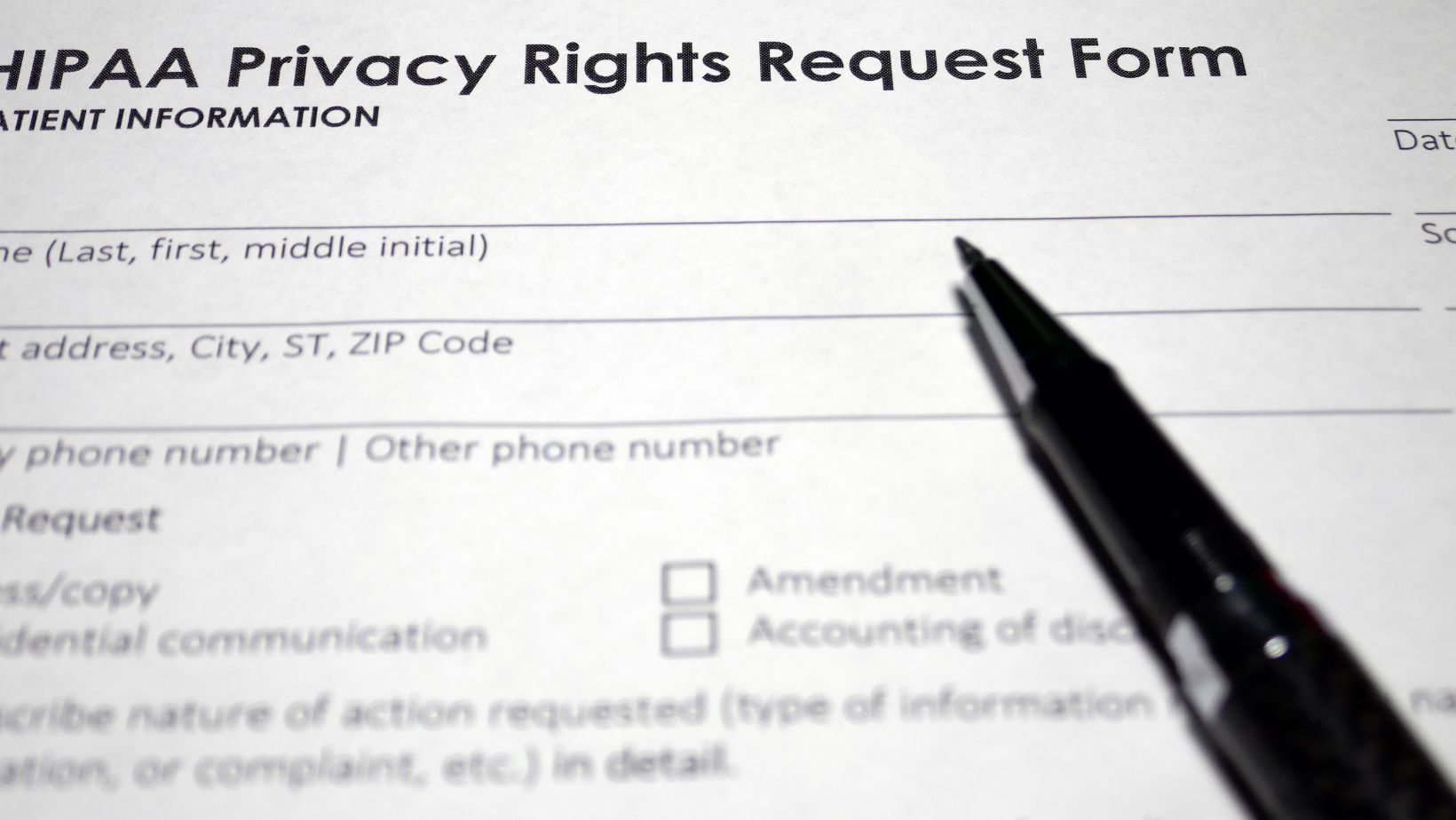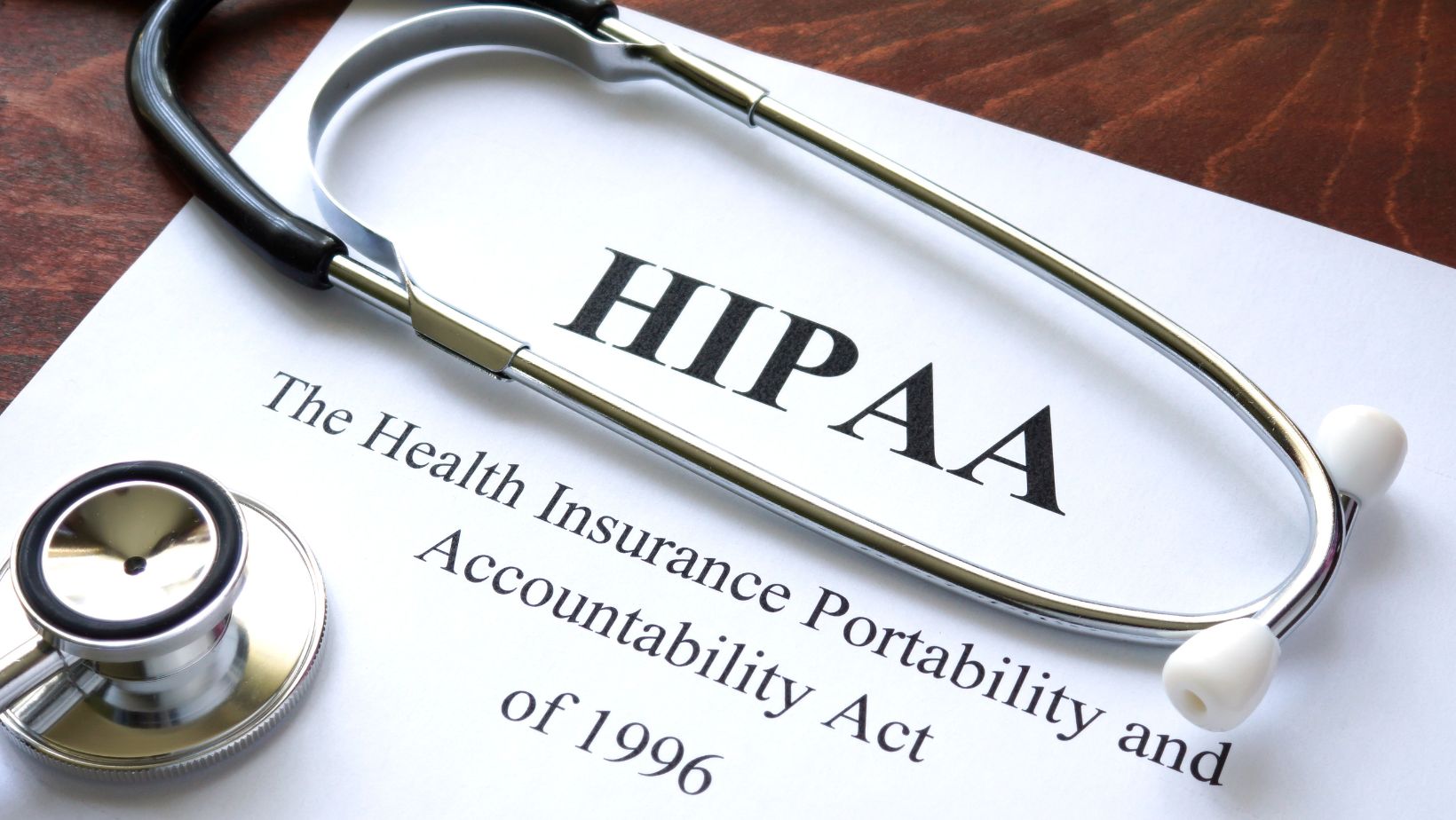HIPAA and Privacy Act Training Challenge Exam
Welcome to my article on the importance of HIPAA and Privacy Act training. As someone who has worked in the healthcare industry for many years, I understand the critical role that patient privacy plays in maintaining trust and confidentiality. In this article, I will provide a comprehensive introduction to HIPAA and the Privacy Act, exploring the key principles and requirements that organizations must adhere to. Whether you are a healthcare professional, a business owner, or simply interested in understanding your rights as a patient, this article will serve as a valuable resource.
In today’s digital age, protecting sensitive personal information has become more important than ever. This is particularly true in the healthcare sector, where patient privacy is of utmost importance. The Health Insurance Portability and Accountability Act (HIPAA) and the Privacy Act were established to safeguard patient information and ensure its confidentiality. In this article, I will delve into the basics of HIPAA and the Privacy Act, explaining their purpose and significance. By understanding the key concepts and requirements of these regulations, organizations can take proactive steps to protect patient privacy and avoid potential legal and financial repercussions.
HIPAA and the Privacy Act are not just legal requirements; they are essential for building trust and maintaining the integrity of the healthcare system. In this article, I will discuss the potential consequences of non-compliance with these regulations, highlighting the importance of proper training and education. By providing employees with the necessary knowledge and skills, organizations can create a culture of privacy and security, ensuring that patient information is handled with the utmost care. Join me as we explore the world of HIPAA and the Privacy Act, and discover how training can help protect patient privacy in today’s digital era.
What is HIPAA?
HIPAA, which stands for the Health Insurance Portability and Accountability Act, is a federal law enacted in 1996 that aims to protect the privacy and security of individuals’ personal health information. It establishes national standards for the electronic exchange of health information and requires healthcare organizations to implement safeguards to ensure the confidentiality of patient data.
Under HIPAA, individuals have the right to access and control their health information. This includes the right to request copies of their medical records, amend incorrect information, and receive an accounting of who has accessed their information. HIPAA also gives patients the power to decide how their information is used and shared by healthcare providers.
The Privacy Rule, a part of HIPAA, sets forth guidelines for the use and disclosure of protected health information. It requires healthcare providers and their business associates to implement administrative, physical, and technical safeguards to protect patient privacy. This includes measures such as password protection, encryption, and access controls to prevent unauthorized access to sensitive data.
In addition to protecting patient privacy, HIPAA also addresses the security of electronic health information. The Security Rule establishes standards for the protection of electronic health records, including requirements for risk assessments, encryption, and audit controls. Compliance with these regulations is essential to prevent data breaches and ensure the integrity and confidentiality of patient information.
Overall, HIPAA plays a vital role in safeguarding the privacy and security of individuals’ health information. Healthcare organizations must comply with these regulations to protect their patients’ privacy and avoid penalties for non-compliance. By understanding and adhering to HIPAA requirements, healthcare professionals can create a culture of privacy and security in handling patient information.

Why is HIPAA Important?
HIPAA, which stands for the Health Insurance Portability and Accountability Act, is a vital piece of legislation in the healthcare industry. It was enacted to ensure the privacy and security of individuals’ health information. The Privacy Act, on the other hand, extends this protection to federal agencies and their records.
But why is HIPAA so important? Let me break it down for you:
- Protecting Patient Privacy: HIPAA sets strict guidelines for the handling and disclosure of protected health information (PHI). This includes any information that can be used to identify an individual’s health condition or treatment. By safeguarding PHI, HIPAA helps maintain patient confidentiality and trust in the healthcare system.
- Preventing Data Breaches: With the increasing use of electronic health records (EHRs), the risk of data breaches has also risen. HIPAA requires healthcare organizations to implement security measures to protect electronic health information from unauthorized access, alteration, or destruction. This helps prevent data breaches and ensures the integrity and confidentiality of patient information.
- Enforcing Accountability: HIPAA holds healthcare providers, insurance companies, and their business associates accountable for complying with its regulations. Non-compliance can lead to severe consequences, including hefty fines and legal penalties. By enforcing accountability, HIPAA motivates organizations to prioritize the privacy and security of patient information.
- Empowering Patients: HIPAA gives individuals certain rights when it comes to their health information. These rights include the ability to access and control their own medical records, request corrections, and receive an accounting of who has accessed their information. By empowering patients, HIPAA promotes transparency and allows individuals to play an active role in managing their healthcare.

